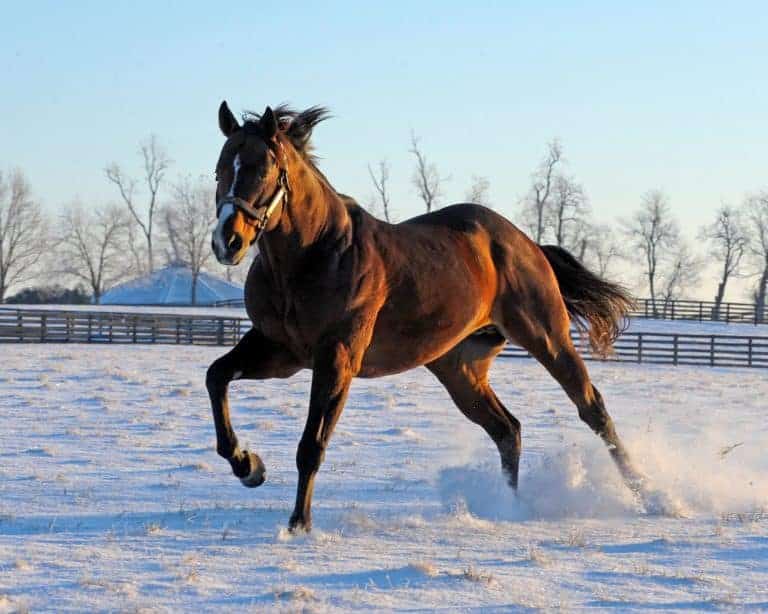Aluminum Phosphide Poisoning
Aluminum phosphide is an indoor fumigant used to kill insects in most, if not all, of the stored grains we and our horses are exposed to. Like most pesticides, it can cause major problems in unintended species when used incorrectly.















